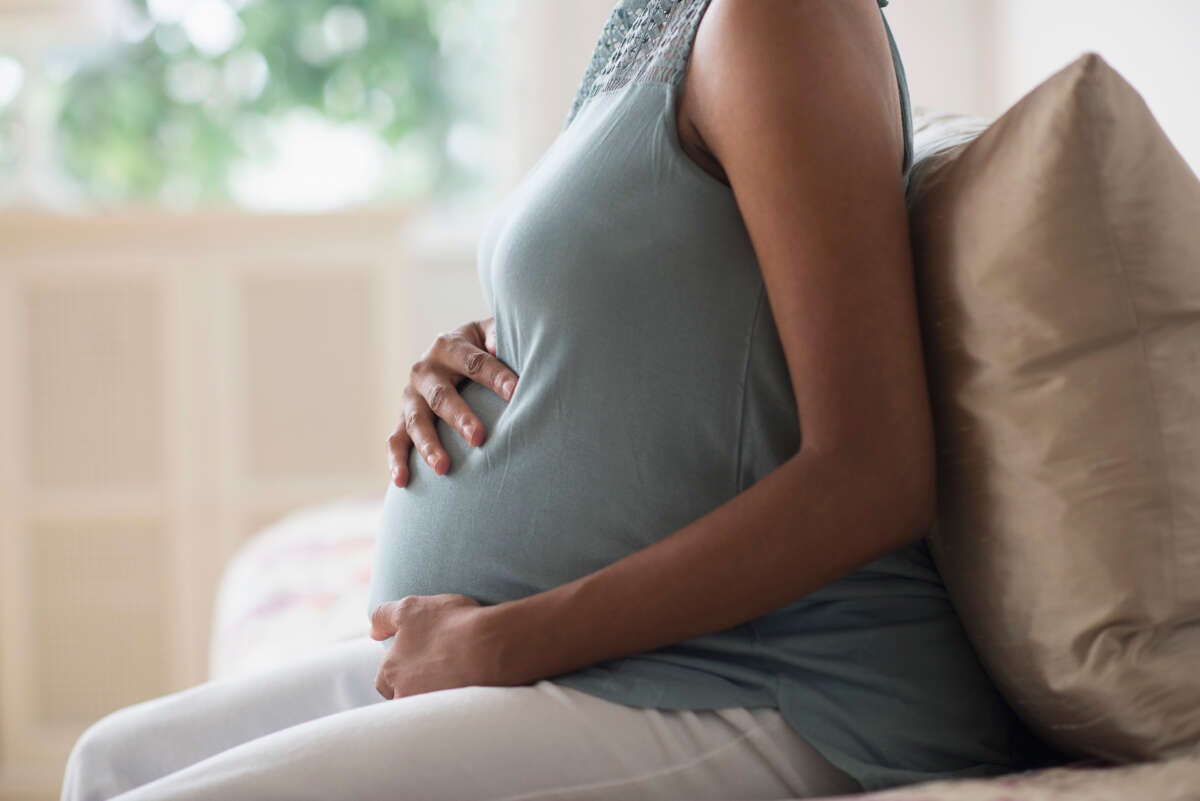A Black infant is many times more likely to die within one year of birth than a white infant is, even if that Black infant comes from a wealthy home, a new study shows.
The study, which was published by the National Bureau of Economic Research last month, demonstrates that disparities in Black and white infant mortality rates cannot be explained by economics alone. Rather, racism within the health care industry — both overt and institutional — appears to play a significant role in such outcomes.
The study, conducted in California from 2007 to 2016, examined mortality rates for infants within their first year of life. It is being heralded as the first of its kind to measure disparities in infant mortality rates between Black and white families in conjunction with tax data.
The U.S.’s overall infant mortality rate is devastatingly high compared to other wealthy countries — and outcomes for Black families in the U.S. are far worse than for white families, the study shows.
Among the children who were born to the wealthiest white parents in the study, 173 died within their first year for every 100,000 births. Among white parents with low incomes, 350 infants died for every 100,000 births.
Babies born to white parents with low incomes still had higher survival rates than babies born to the wealthiest of Black parents, who experienced 437 infant deaths for every 100,000 births, according to the study. Outcomes were even worse for Black parents with low incomes, with an infant mortality rate of 653 infants for every 100,000 births.
The data “suggests that the well-documented Black-white gap in infant and maternal health that’s been discussed a lot in recent years is not just explained by differences in economic circumstances. It suggests it’s much more structural,” Maya Rossin-Slater, an author of the study and an economist who specializes in health policy at Stanford, said to The New York Times.
“It’s not race, it’s racism,” University of Wisconsin-Madison public health economist Tiffany L. Green, who was not involved in the study, said of its results. “The data are quite clear that this isn’t about biology. This is about the environments where we live, where we work, where we play, where we sleep.”
Notably, the U.S. is the only wealthy country without universal health care, and is one of the only countries in the world without guaranteed paid family leave.
As the Times reported, there are many documented examples proving that racism exists in the U.S. health care system. While the country’s infant mortality rate is gradually decreasing each year, disparities between Black and white patients remain.
There are also disparities in the treatment of Black and white people who give birth. In an op-ed for Truthout in 2018, parenting and health author Rochaun Meadows-Fernandez detailed her experiences with racism in the health care system after giving birth to her son.
Though she had passed several blood clots and felt “extreme pain” whenever she tried to walk, physicians repeatedly told Meadows-Fernandez that what she was experiencing was normal, with some telling her after tests following her pregnancy that “everything looked fine.” After a month of inaction by her doctors, a physician finally listened to her complaints, eventually discovering that a piece of placenta was still inside her uterus.
“All of a sudden, the medical establishment acknowledged the dangers of the situation I was facing: increased risk for hemorrhaging, infection, and even death,” Meadows-Fernandez wrote.
Even then, physicians continued to ignore other health conditions she was suffering from, dismissing them as regular symptoms after childbirth.
Her treatment was largely the result of systemic racism, Meadows-Fernandez said.
“The lack of cultural competence is so vast within our medical system that there are still professionals who believe Black people have higher pain tolerance than people of other races,” Meadows-Fernandez said. “It is also likely that, like me, other Black women have also sought assistance only to be turned away due to false perceptions of Black women’s fertility or left uncomfortable after being subjected to embarrassment via interrogation.”
“My experiences have shown me just a couple of the many ways in which the reproductive health system ostracizes Black women,” she added. “It is especially important that Black women have access to quality reproductive care because — all too often — our very lives are at stake.”
Media that fights fascism
Truthout is funded almost entirely by readers — that’s why we can speak truth to power and cut against the mainstream narrative. But independent journalists at Truthout face mounting political repression under Trump.
We rely on your support to survive McCarthyist censorship. Please make a tax-deductible one-time or monthly donation.
